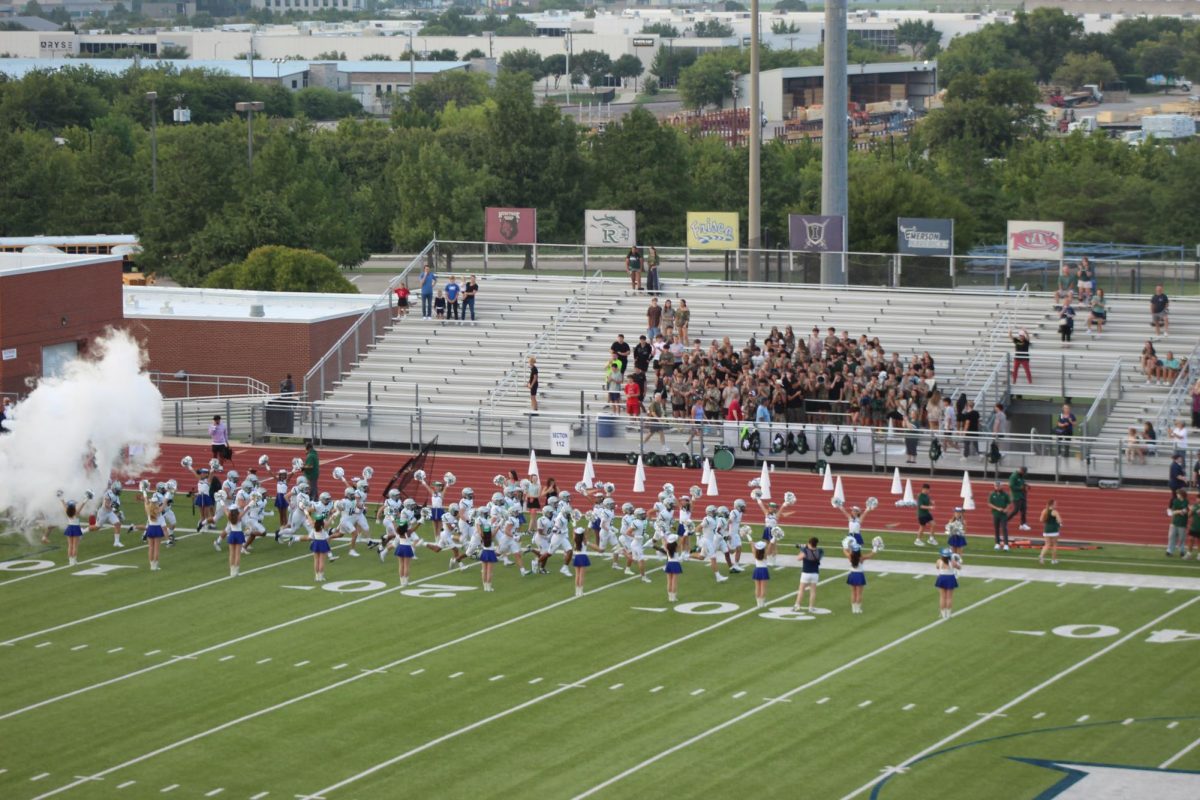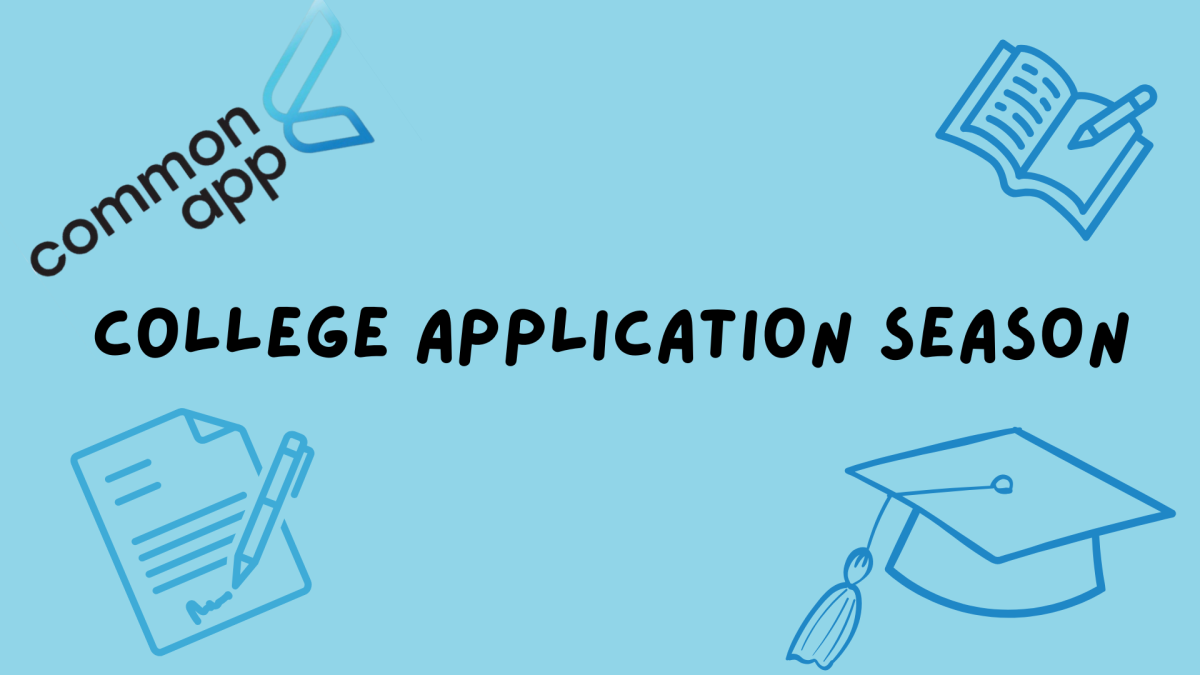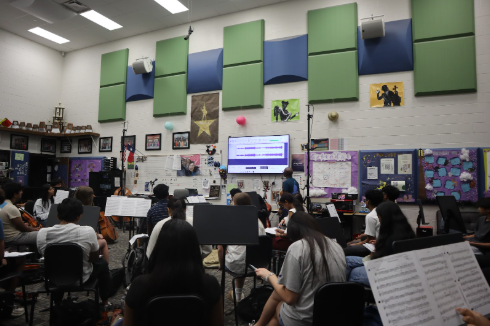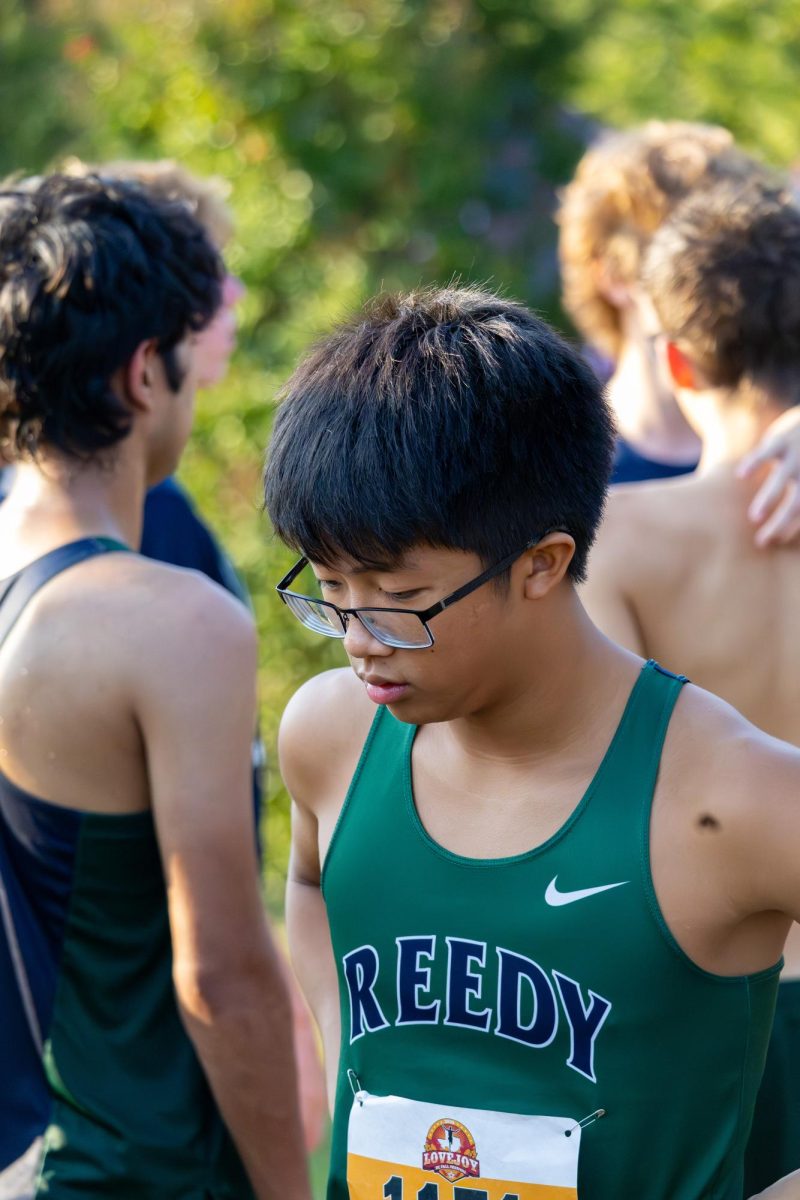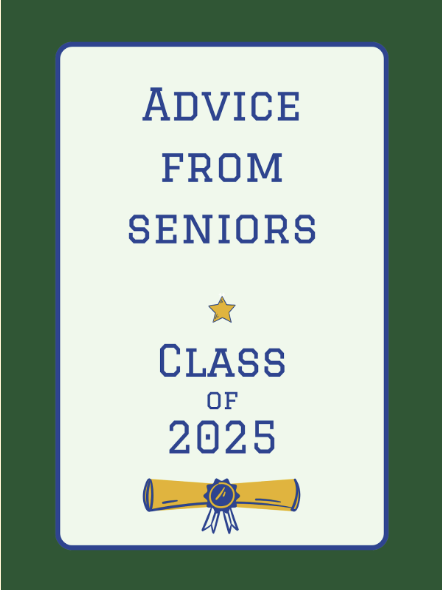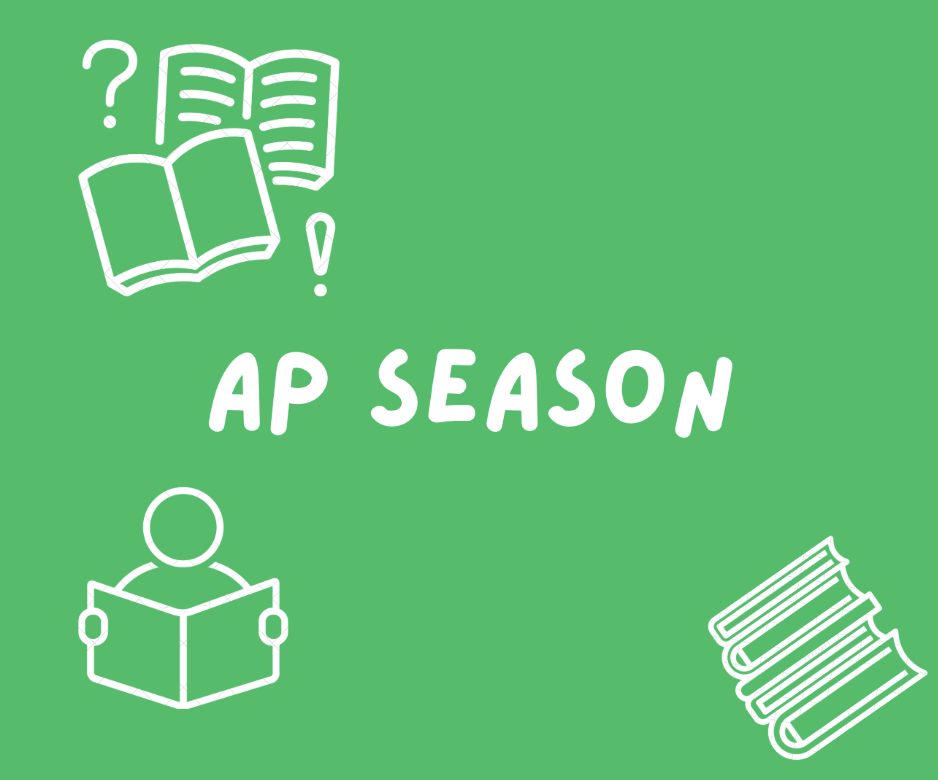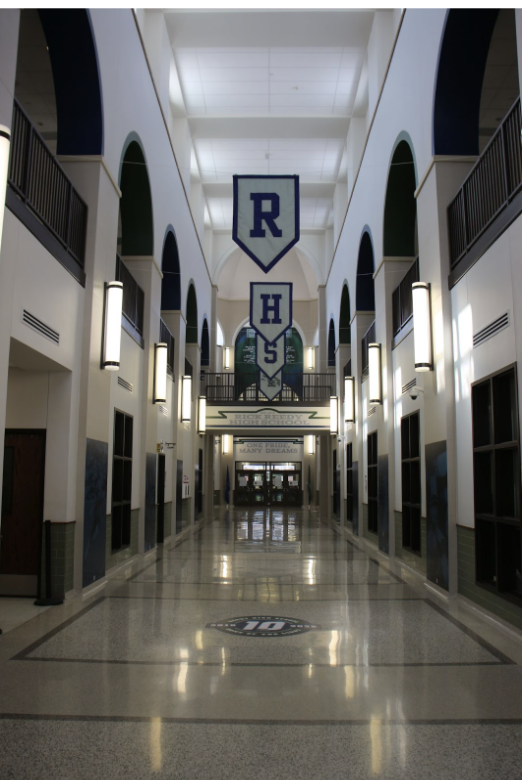As the 2024 election approaches, students who have turned eighteen will have the opportunity to cast a vote for the future of the United States.
Voting is a formal opportunity to have one’s voice heard and reflected in the government. Students voting in the upcoming election express their beliefs on the importance of voting and why they are choosing to vote.
“If you just keep your opinion to yourself and you don’t vote, and you let everyone else do it, you can’t really have an opinion on what happens,” senior Brady Hicks said.
High school students are the youngest qualified voters, making them more likely to be affected by political decisions throughout their lifetime. Thus, it is vital that students have their voices heard in the upcoming election.
“A lot of the things that are happening now will impact us further down the line, as compared to older people,” senior Zeeshan Haq said.
With the right to vote, comes immense responsibility. It is important that students educate themselves on the political status quo prior to voting.
“I’ve been watching multiple news sources as well as reading articles and watching all the debates,” senior Naia Rentschler said.
However, the mass media is often politically biased. Many students who are voting are searching for unbiased sources and evaluating both political parties before making a final decision on who to vote for.
“I am doing as much research as I can from non biased sources. Looking at both sides of the coin and not just trying to make my own opinion based on one thought,” Hicks said.
Some students have more political experience and knowledge as they have made an effort to be a part of local youth organizations, helping them understand politics and the rights provided by the government.
“I’m in multiple outside organizations and groups that are like fighting for different kinds of rights,” senior Gracie Jackson said.
As inexperienced voters, many students are receiving help from their relatives when registering to vote and researching.
“My parents really want me to vote, so they’re involved in that process for me,” Haq said. “Like getting me to do my own research, and helping me register to vote and get all that stuff kind of sorted out.”
While some students are heavily swayed by their relatives’ political viewpoints, other students are focusing on evaluating both their relatives’ opinions and their own experiences to form a distinct political opinion.
“My parents influence what I do and who I vote for, but they’re not the end all be all,” Hicks said. “I still have an opinion.”
Students are anxiously waiting for the voting polls to open, allowing them to have their voices heard in future decision making both on the local and national levels.
“Things can change in the blink of an eye just because of an election so voting for the future that you want to have and that you want your kids and grandchildren to have is super important,” Jackson said.


